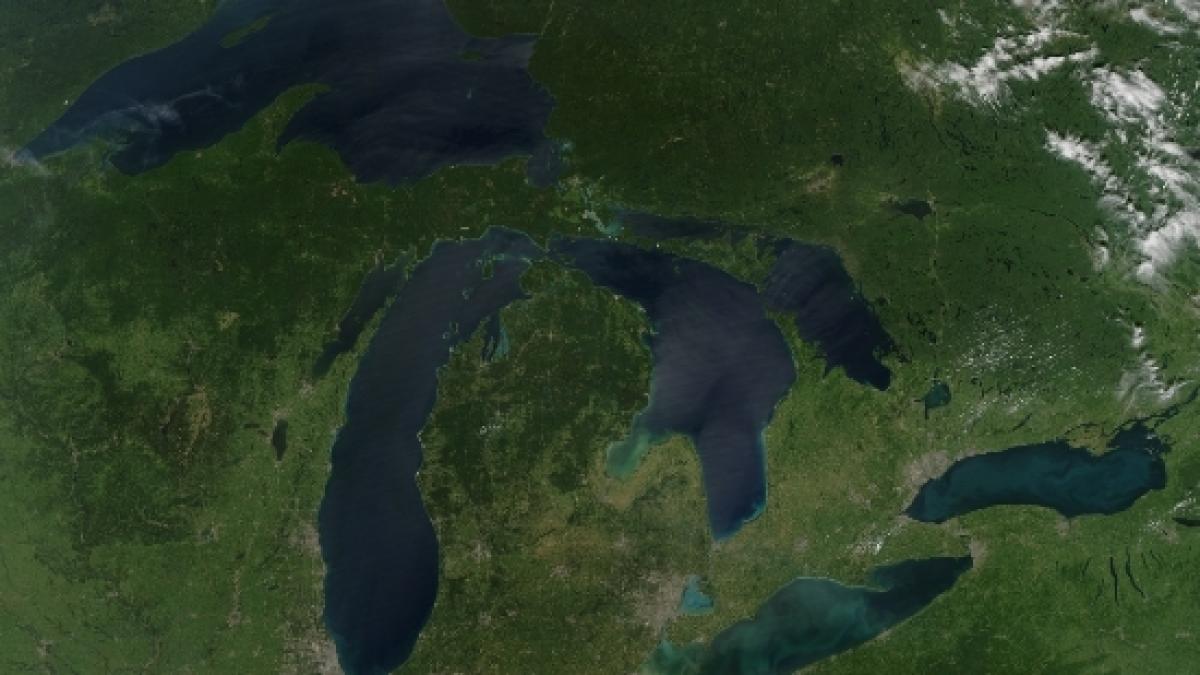Walberg and Ryan Introduce Bipartisan Bill to Protect Great Lakes, Promote Conservation

Washington, D.C.—Yesterday, U.S. Representatives Tim Walberg (R-MI) and Tim Ryan (D-OH) reintroduced the Great Lakes Agricultural Stewardship Act in a continued effort to preserve the long-term health of the Great Lakes. This bipartisan legislation would ensure Great Lakes states that administer voluntary assurance programs have access to federal resources to better mitigate agricultural pollution risks, like harmful algae blooms on Lake Erie. These programs, including Michigan Agriculture Environmental Assurance Program (MAEAP), support farmers in their work to implement conservation best practices and reduce hazards, such as runoff and erosion.
“We continue to be encouraged by the positive impact generated from MAEAP, which recently marked its 6,000th farm verification. With such widespread adoption here in Michigan, it only makes sense to expand this successful pattern to neighboring states to improve the stewardship of our land and water. Our bipartisan legislation takes important steps to encourage greater conservation and safeguard the Great Lakes for all who rely on them,” said Walberg.
"The Great Lakes are our region’s most precious resource, and we must do everything in our power to safeguard their health and well-being. Lake Erie alone supports thousands of full-time jobs and provides clean drinking water to approximately 3 million Ohioans," said Ryan. "By encouraging conservation efforts that reduce harmful agriculture run-off, this important legislation supports our farmers and protects our Great Lakes for generations to come.”
“The Great Lakes Agricultural Stewardship Act builds on the success of the Michigan Agriculture Environmental Assurance Program (MAEAP). More than 12,000 farmers have initiated the process to voluntarily enter their farm into an environmental assurance program. Rigorous environmental assurance programs on farms not only set high standards and address the whole farm but are also tailored to each farm to best address potential pollution risks. With third-party verification of plan completion, this legislation follows MAEAP’s example of providing accountability and the ability to track the positive impact of good farm practices,” said John Kran, National Legislative Counsel at Michigan Farm Bureau.